You are here
Speakers: Life Sciences & Healthcare


Professor Martin Burke is a pioneer in the development of molecular prosthetics, automated small molecule synthesis, and renal-sparing polyene antifungals. His MIDA boronate chemistry has been used by >250 academic and industrial labs worldwide to make a wide range of different natural products, pharmaceuticals, materials, and many other types of small molecules. Dr. Burke is a co-founder of four biotechnology companies [REVOLUTION Medicines (Nasdaq: RVMD), cystetic Medicines, Ambys Medicines, and Sfunga Therapeutics], which collectively have one drug candidate in Ph 2, and three more on track to begin clinical trials in 2023. Burke also led the SHIELD: Test, Target, and Tell program at UIUC that created and scalably deployed an FDA Emergency Use Authorized rapid saliva test for SARS-CoV-2, and strategically integrated it with state-of-the-art computational modeling and a custom-built app, to mitigate the spread of COVID-19 at UIUC. Recent articles have appeared in Nature and Nature Structural & Molecular Biology.

Oxygen Nano-Carriers for the Treatment of Hypoxic Conditions in the Retina
Professor Joseph Irudyaraj's research focuses on multiplex mechanistic sensing and quantification of molecular markers and active therapeutics to detect and cure diseases. He has published over 300 refereed publications and numerous book chapters. He is a member of the Biomedical Engineering Society, Biophysical Society, American Chemical Society, and Agric. and Biological Engineering society. He is an active participant in review panels of NIH, NSF, DOE, DOD among other international agencies.
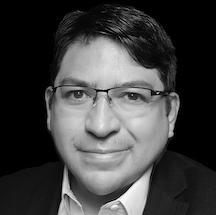
Silver-Bullet Design of Antibiotics and Antivirals
Professor Juarez carries out research to understand the metabolic and biochemical strategies used by bacteria and viruses to produce disease. Moreover, we study at the biochemical and atomic level the molecules used by these microorganisms during infection. The structural, biochemical and microbiological information is used to rationally design novel compounds that specifically target pathogenic microorganisms.
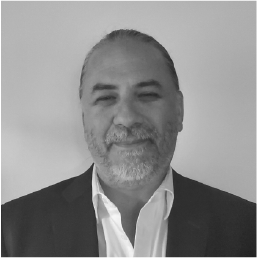
Developing Cell Therapies from Stem Cells by Controlling the Syntax of Genomic Instructions
Dr. Merrill’s research group has longstanding interests in how an individual cell can hold potential to generate the diversity of all cells in our body, and how these cells develop in the proper places and times. His group has elucidated mechanisms underlying stem cell differentiation and engineered technologies for controlling the step-wise order of events driving the process, which have been communicated among his publications in Cell Stem Cell, Nature Cell Biology, and Molecular Cell. Together with a former student, Dr. Ryan Clarke, Dr. Merrill co-founded Syntax Bio to deploy a unique synthetic biology platform for generating potent cell therapies. Syntax Bio is a seed-stage company that applies its unique synthetic biology platform to engineer new cell therapies. By instructing cells to progress rapidly through multiple pre-programmed and sequential cell fate decisions, Syntax’s platform enables cells to acquire epigenetic memories important for potency of the final therapeutic cell.
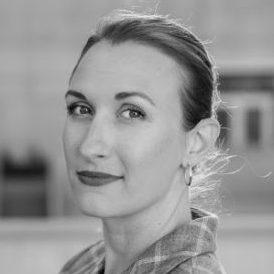
To ALL and Beyond
Dr. Amanda Schalk earned her undergrad degree in biochemistry on a full-ride scholarship from Eastern Michigan University and went abroad to Goettingen, Germany to earn her Master's and PhD degrees in Molecular Biology from the prestigious International Max Planck Research School for Molecular Biology and the Max Planck Institute for Biophysical Chemistry. She spent 5 years as a postdoc in the lab of Dr. Lavie at the University of Illinois at Chicago characterizing the structures and enzymatic activities of L-asparaginases, resulting in multiple first author peer-reviewed publications. Enzyme by Design is a faculty startup company spun out of UIC by Dr. Arnon Lavie that engineers’ enzymes to reduce the dangerous side effects and improve the safety profile of cancer therapeutics. Enzyme by Design is a seed stage corporation with multiple STTR grants over $4M.
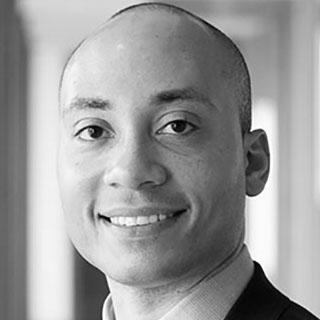
SNC Therapeutics: A Novel Synthetic Drug Carrier Platform for Subcutaneous Nanotherapy
Professor Evan Scott’s research group aims to achieve controlled elicitation or suppression of the immune system via the rational design of synthetic delivery systems that mimic the structures and biochemical mechanisms of viruses. Viral structures that include vesicles, micelles and filomicelles are achieved by designing and assembling amphiphilic block copolymers under aqueous conditions. These nanomaterials can contribute to diverse immunotherapeutic strategies, and their utility in immunotherapy stems from the ability to incorporate bioresponsive chemistries, load a diverse range of immunotherapeutics, and target specific inflammatory cell populations. His group’s efforts are currently focused on the scalable fabrication of nanomaterial therapeutics, tissue engineering scaffolds that mimic the nanostructures of extracellular matrix (ECM), photo-sensitive and plasmonic nanostructures, and transdermal delivery systems. Professor Scott has been named a Biomaterials Science Emerging Investigators, selected to speak at the National Academy of Engineering Frontiers of Engineering, and awarded the NIH Director’s New Innovator Award. Recent publications have appeared in Nature Nanotechnology, Nature Communications, and Nano Research.

Slowing Parkinson’s Disease Progression with Targeted Drug Delivery
Dr. James Surmeier’s research program focuses physiological determinants of Parkinson’s and Huntington’s diseases. His work has identified the molecular determinants of network dysfunction in both diseases, paving the way for novel pharmacological and genetic therapies. His pursuit of the mechanisms underlying selective neuronal vulnerability in Parkinson’s disease has led to the identification of activity-dependent calcium entry through Cav1 Ca2+ channels as a primary trigger for mitochondrial oxidant stress in at-risk neurons, providing a potential explanation for the selective vulnerability of substantia nigra dopaminergic neurons – neurons whose loss underlies the cardinal motor symptoms of Parkinson’s disease. He has served on the scientific advisory boards of many private foundations, including the Hereditary Disease Foundation, the Dystonia Medical Research Foundation, the Hartman Foundation, and the Bachmann-Strauss Dystonia and Parkinson’s Disease Foundation. Dr. Surmeier has received many scientific awards including being named a Fellow of the American Association for the Advancement of Science, NARSAD Established Investigator, Jacob Javits Neuroscience Investigator, BAM Patient Impact Research Award, BioScience Awards Midwest, the C.D. Marsden Award and the F.E. Bennett Award. Recent publications have appeared in Nature and Science.
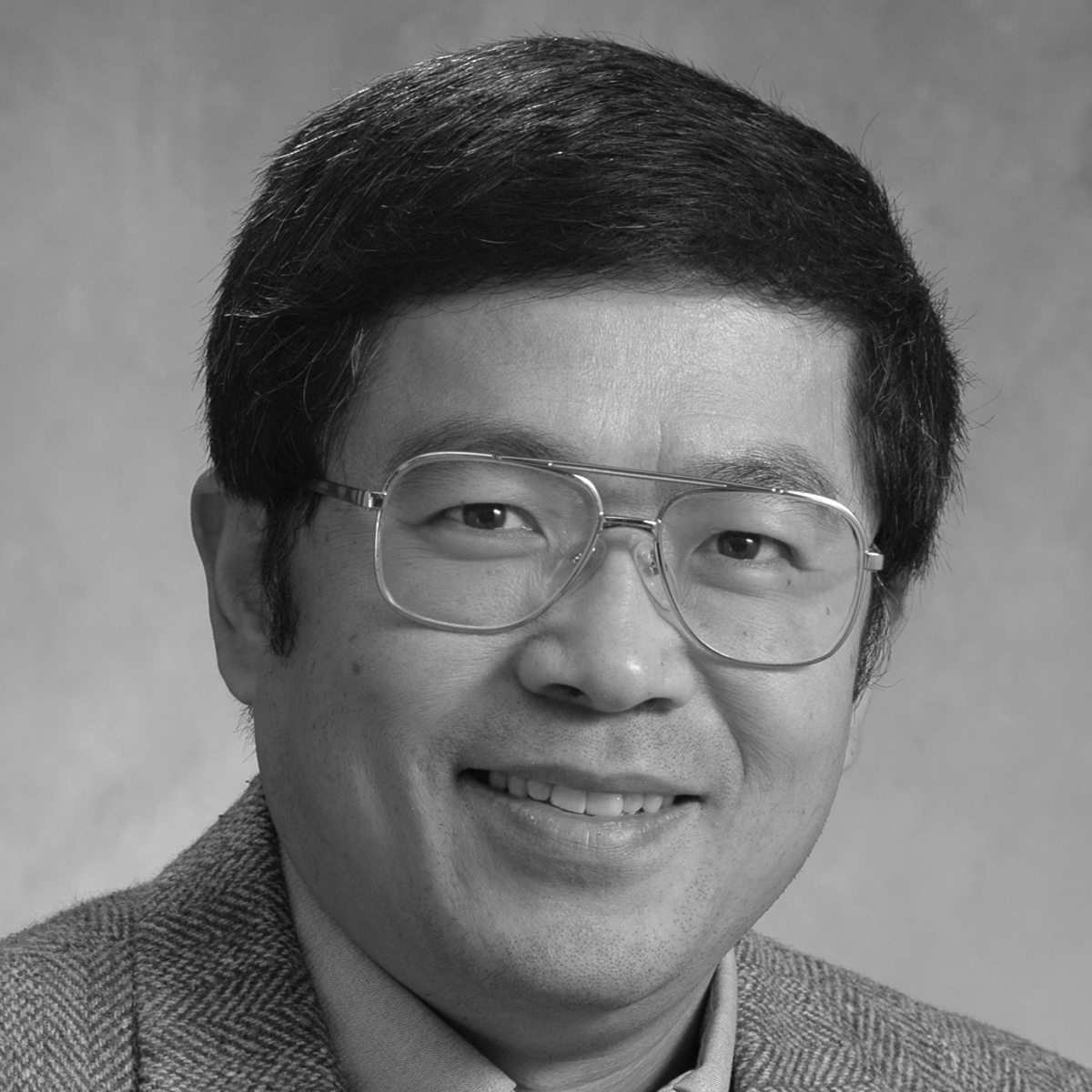
AddGraft Therapeutics: Deploying Novel Stem Cell-Based Gene Therapy For Substance Use Disorder & More
Dr. Ming Xu’s long-term research interest is to understand mechanisms of drug addiction and to find possible treatment strategies using mouse models by using behavioral, optogenetic, anatomical and molecular approaches in his research. Dr. Xu was among the first to make and use genetically engineered mouse models to investigate mechanisms underlying drug addiction and has authored over 100 peer-reviewed publications. Dr. Xu’s research has contributed to a better understanding of molecular basis of different aspects of reward learning and drug-seeking behaviors. Dr. Xu received his Ph.D in Biochemistry and Molecular Biology from Univ. of Texas, Southwestern Medical Center and conducted his postdoctoral work at MIT in the field of Neurobiology. He is the Chief Science Officer at AddGraft Therapeutics.
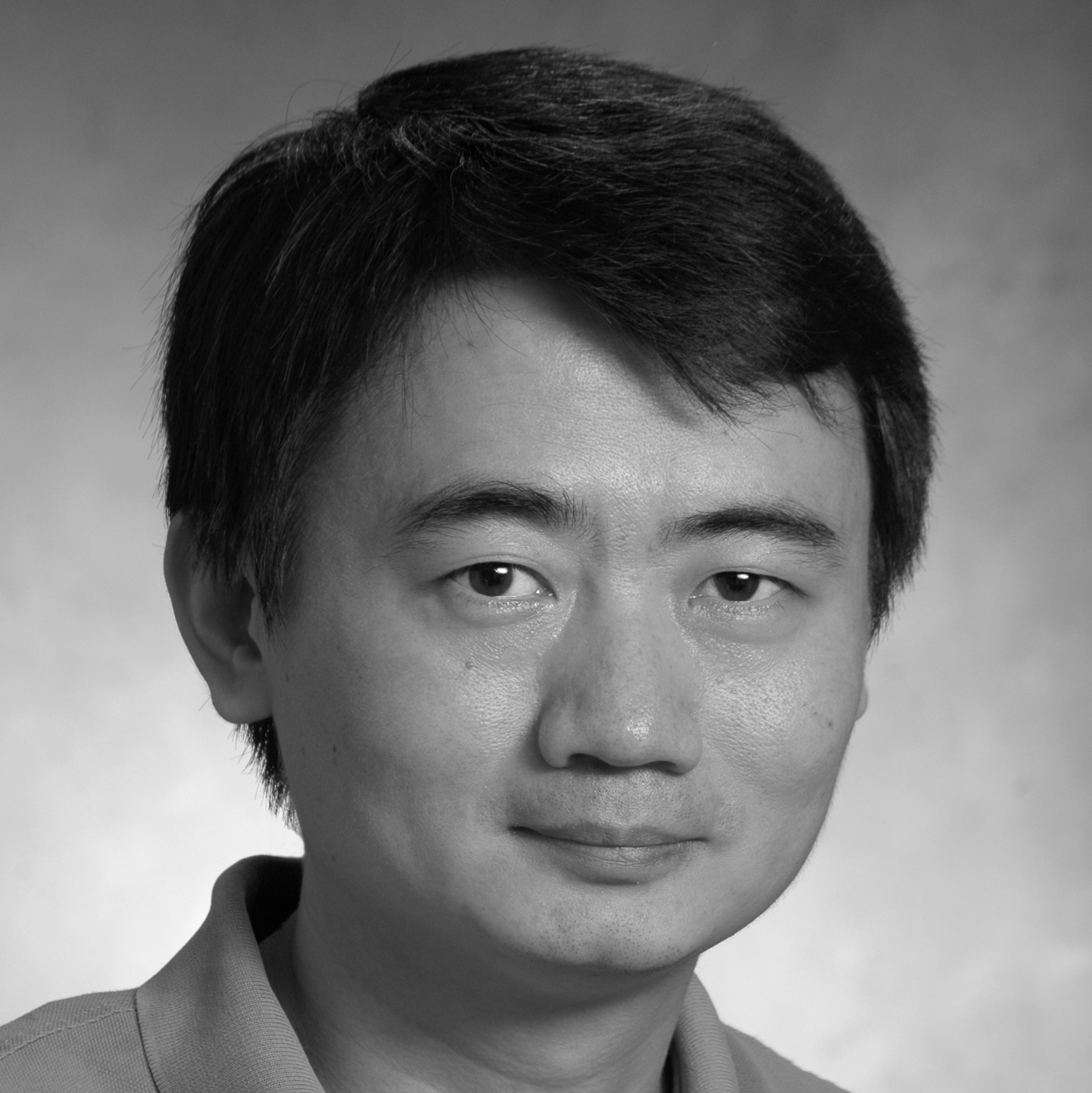
Alnair Therapeutics: Enabling Precision Oncology by Targeting the Warburg Effect of Cancer
Dr. Xiaoyang Wu is an Associate professor in the Ben May Department of Cancer Research at the University of Chicago. Dr. Wu is interested in novel modalities of drug delivery for cancer treatment. A serial entrepreneur, Dr. Wu’s latest venture Alnair Therapeutics leverages a well-characterized metabolic feature of cancer, the Warburg effect, to achieve tumor-specific drug delivery. Dr. Wu’s main research focus has been in understanding the dynamics, signaling, and clinical applications of epidermal stem cells. Dr. Wu received his PhD in the Department of Molecular Medicine at Cornell University and conducted his postdoctoral work at Rockefeller University.
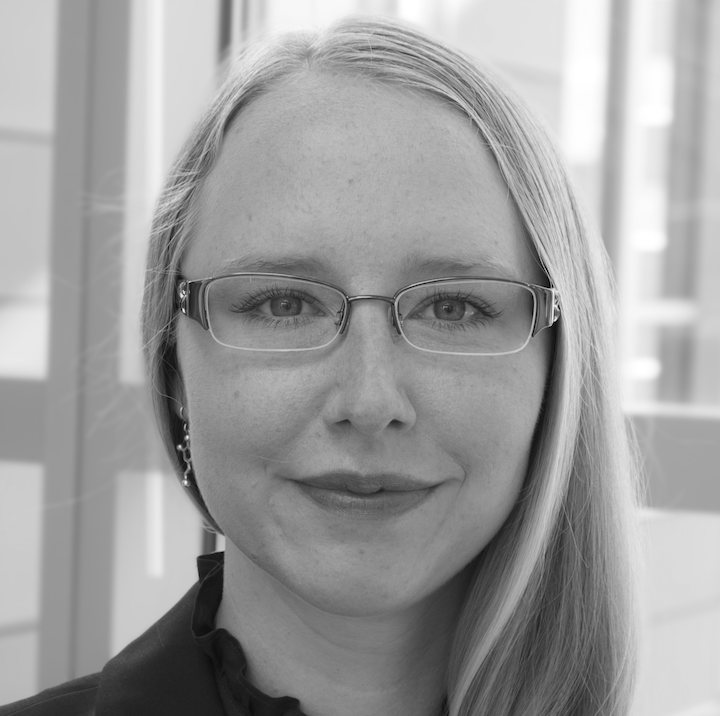
Development of Novel Strategies to Modulate Autophagy and Impact Human Health
Dr. Leslie N. Aldrich is an associate professor in the Department of Chemistry at the University of Illinois at Chicago (UIC). She earned a BS in Chemistry from Mercer University (2008) and PhD in Chemistry from Vanderbilt University (2012). From 2012-2015, Dr. Aldrich performed postdoctoral research in Chemical Biology and Drug Discovery at Harvard University and the Broad Institute. In 2015, Dr. Aldrich began her independent career at UIC where her lab aims to discover small molecules that modulate the autophagy pathway through novel mechanisms and to evaluate the therapeutic potential of these new strategies in cancer, neurodegenerative diseases, and rare genetic diseases. Her research program is supported by the NIH (NCI/NIA/NINDS), the American Cancer Society, the Dr. Ralph and Marian Falk Medical Research Trust, and the Wolverine Foundation. Dr. Aldrich recently received a 2021 International Chemical Biology Society (ICBS) Young Chemical Biologist Award in recognition of her contributions to the field.
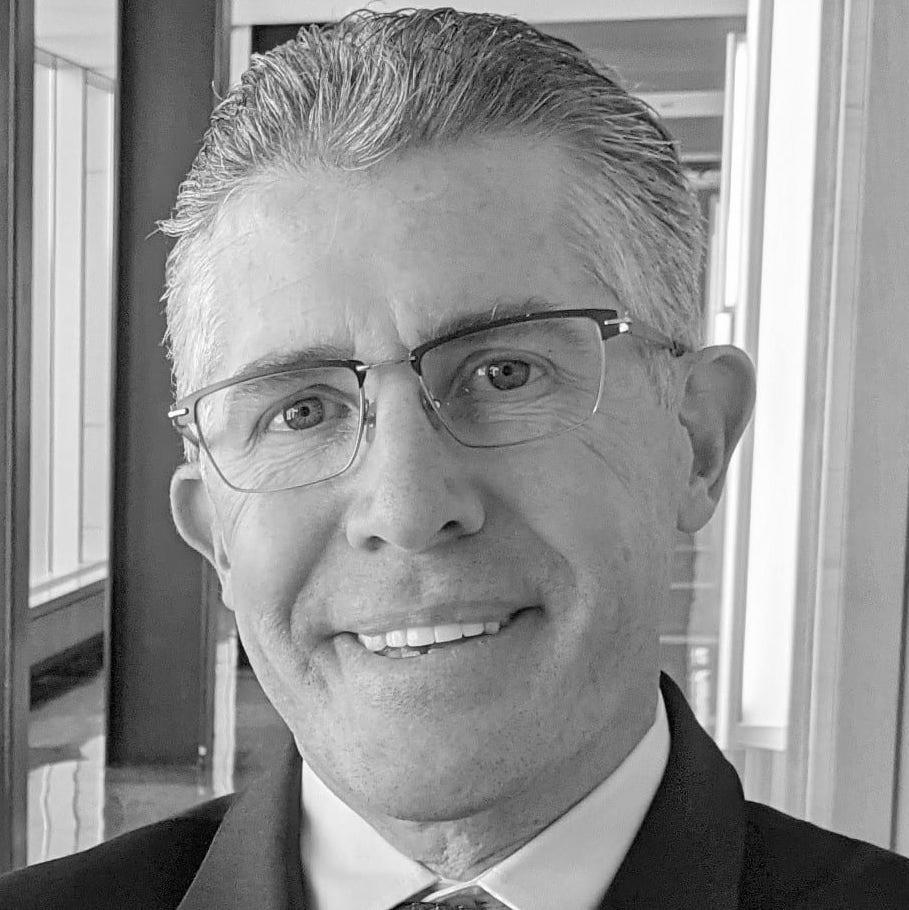
Leveraging the Latest Innovations in Top-Down Proteomics to Regularize Analysis of the Human Immune System
Professor Neil Kelleher’s research program is comprised of three main sub-groups: Top-Down Proteomics, Natural Products Biosynthesis/Discovery, and Chromatin Biology. The research group drives both technology development and applications of high-performance mass spectrometry at the interface of chemistry and biology. Expertise in complex mixture analysis using Fourier-Transform Mass Spectrometry for targeted applications in proteomics and natural products research has enabled the pursuit of the biosynthesis and discovery of polyketides and non-ribosomally produced peptides from soil bacteria and ways to use intact proteins directly as the primary unit of measurement in proteomics to efficiently detect their post-translational modifications. Professor Kelleher has received the Biemann Medal from the American Society for Mass Spectrometry and a Packard Fellowship and been named a Sloan Fellow. He has co-founded a number of startups including MicroMGx, Terra Bioworks, Integrated Protein Technologies, and Proteinaceous.
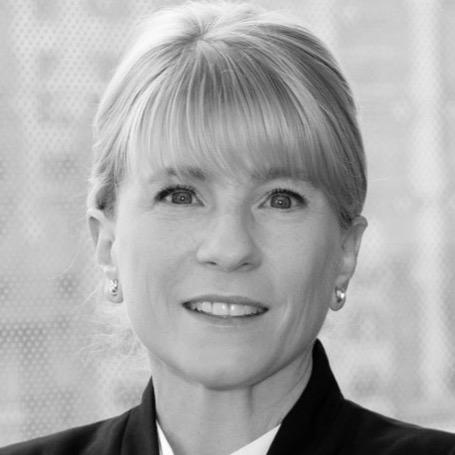
Multi-dimensional, high-throughput phenotypic screening for therapeutic target discovery
Professor Shana Kelley's research group uses a highly multidisciplinary approach to develop new tools for the diagnosis of disease and the development of new disease therapies. A variety of projects are underway that focus on the development of biomolecular sensors, phenotypic screening platforms and molecular delivery vectors. The group uses cutting-edge techniques including CRISPR screening and cellular engineering to develop innovative new solutions for biomedicine. Shana Kelley is a Fellow of the Royal Society of Canada, the American Institute for Medical and Biological Engineering, and the Canadian Academy of Health Sciences. She has co-founded several startups - - GeneOhm Sciences (acquired by Beckton, Dickinson, and Company), Xagenic (acquired by General Atomics), and Cellular Analytics.

Ama Therapeutics: Targeting Transcription Factors at the Source with a Programmable, Synthetic Transcriptional Regulatory Platform
Dr. Moellering is an Associate Professor of Chemistry at the University of Chicago. He obtained Bachelor’s degrees in Chemistry and Biochemistry & Molecular Biophysics from the University of Arizona. He then earned a Ph.D. in Chemistry at Harvard University as an American Association for Cancer Research Centennial Fellow, followed by postdoctoral training as a Damon Runyon Postdoctoral Fellow at The Scripps Research Institute. Dr. Moellering started his independent program at UChicago in 2015, where his laboratory is focused on developing novel chemical probes and complementary proteomic technologies to expose and exploit novel signaling mechanisms in diseases like cancer, diabetes, and chronic inflammatory conditions. Dr. Moellering’s independent program has garnered recognition with awards that include the Damon Runyon Dale F. Frey Award for Breakthrough Scientists, V Foundation V Scholar Award, American Cancer Society Research Scholar Award, NSF CAREER Award, Sloan Fellowship, and NIH Pathway to Independence and Director’s New Innovator Awards.
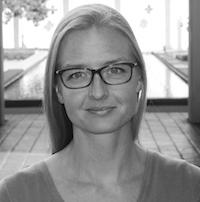
Expanding the Potential of Secretory IgA-Based Biologics
Professor Beth Stadtmueller investigates the structural, biochemical and biophysical mechanisms of proteins and complexes involved in immunity. Her research aims to broaden understanding of immune system proteins, their interactions with microbes and the functional outcomes of those interactions. Recent publications have appeared in Nature Microbiology and Nature Communications.
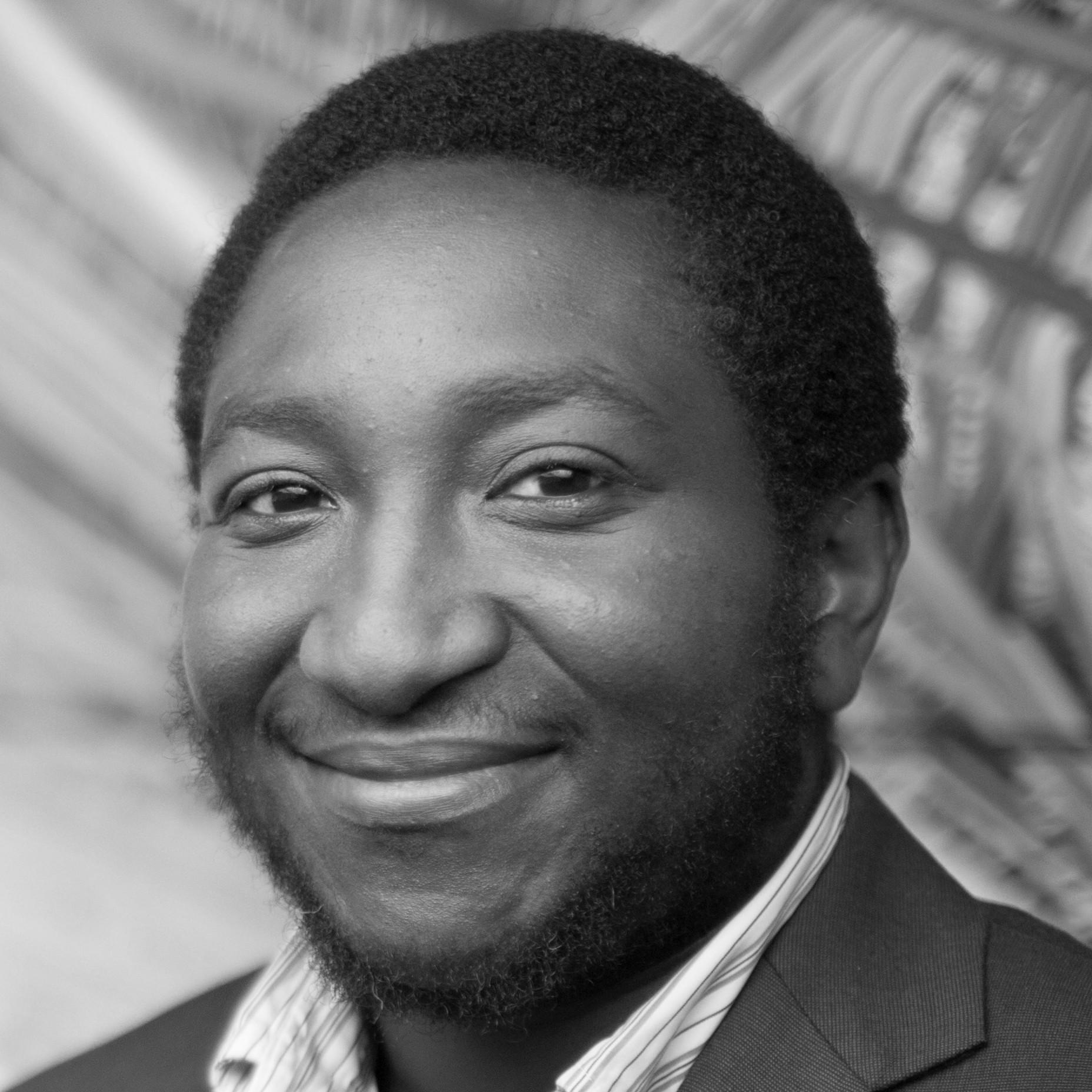
From the Lab to the Marketplace: The KeyWise AI Journey
Dr. Olusola A. Ajilore received the degree in biology (magna cum laude) from Harvard University, Cambridge, MA, USA.,He went on to do his M.D./Ph.D. degree at Stanford University, Stanford, CA, USA, where he studied the deleterious effects of stress hormones on the brain. He joined the research track residency at UCLA, where he transitioned into neuroimaging in major depression. He is currently using novel neuroimaging techniques to better understand the pathophysiology of mood disorders. He is also a Psychiatrist in Chicago, Illinois, and an Associate Professor with the Department of Psychiatry, University of Illinois–Chicago. His startup KeyWise AI is a smartphone application that enables monitoring of non-verbal speech using keyboard dynamics, meta-data, and related mobile sensor information to infer the users’ neuropsychological state.
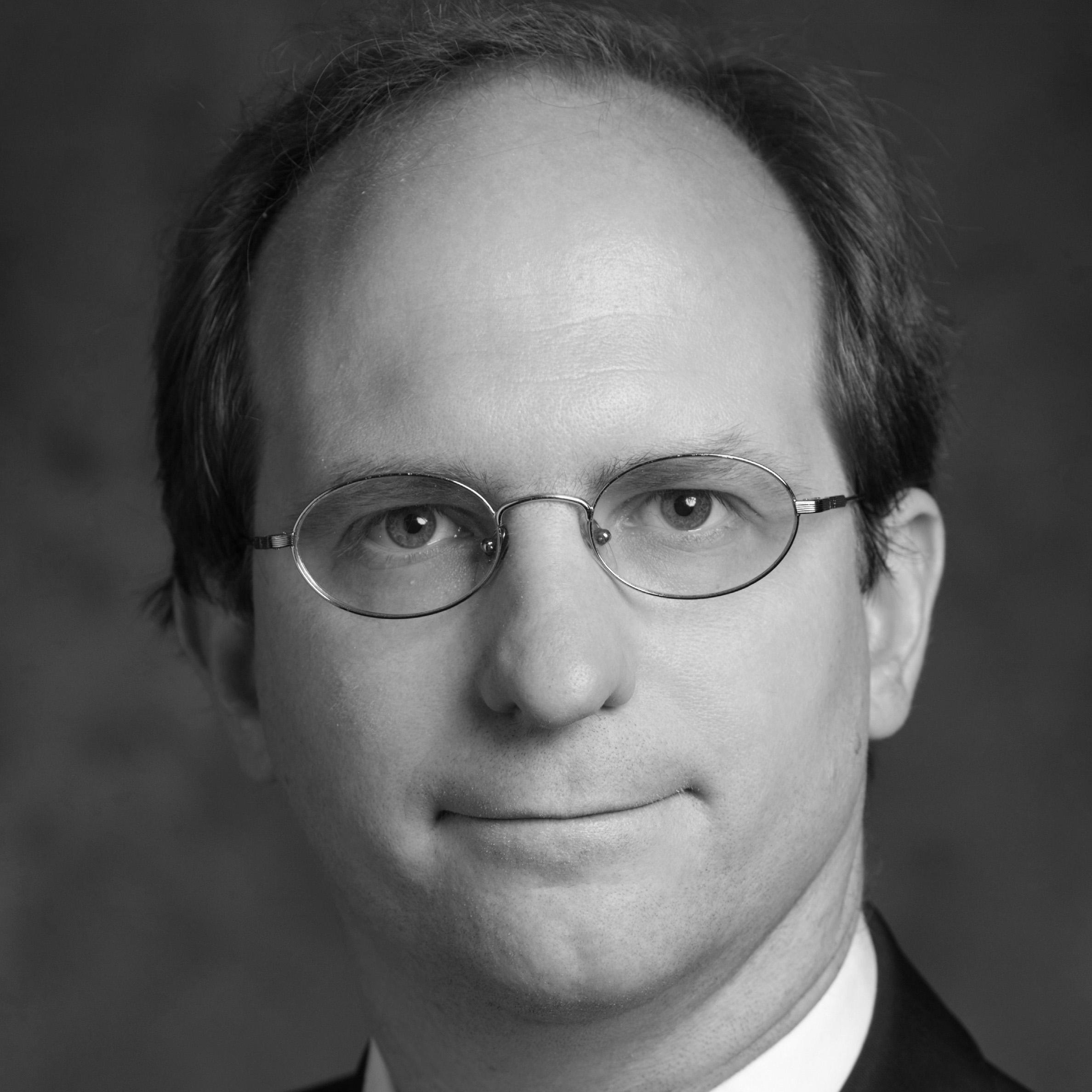
Advanced AI/ML to Improve Patient Engagement in Heart Failure
Andrew Boyd has served as the Associate Vice Chancellor for Research in Computing and Data Initiatives at the University of Illinois Chicago since March 2020. He is an associate professor in the Department of Biomedical and Health Information Sciences, and the Department of Physical Therapy, College of Applied Health Sciences and the Department of Medical Education, College of Medicine. He is also the Associate Chief Health Information Officer for Innovation and Research at UI Health. The research in his laboratory involves data simplification to improve clinical outcomes engaging patients, administrators, and clinicians. He is a fellow of the New York Academy of Medicine.

Opportunities in Addressing Health Data Privacy
Abel Ko is Professor of Medicine and Preventive Medicine in the Feinberg School of Medicine at Northwestern University and Founding Director of the Center for Health Information Partnerships (CHIP https://www.feinberg.northwestern.edu/sites/chip/) and the Institute for Augmented Intelligence in Medicine (IAIM https://www.feinberg.northwestern.edu/sites/augmented-intelligence/). He has served as PI for several regional or national projects including the ONC funded Chicago Health IT Regional Extension Center (www.chitrec.org), the PCORI funded Chicago Area Patient Centered Outcomes Research Network (http://capricorncdrn.org/), and the AHRQ funded Health Hearts in the Heartland consortium (http://www.healthyheartsintheheartland.org/) within the EvidenceNOW initiative. His research focuses on developing regional Electronic Health Record (EHR) enabled data sharing platforms for a range of health applications including high throughput phenotyping, cohort discovery, estimating population level disease burden, and quality improvement.
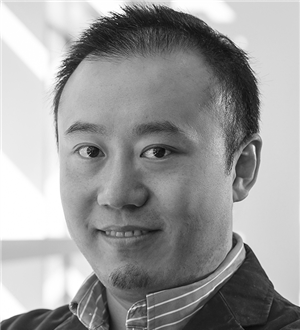
From Data Cleaning to Data Generation: How to Generate Realistic Patient Records Using Machine Learning
Professor Jimeng Sun's research focuses on artificial intelligence (AI) for healthcare, including deep learning for drug discovery, clinical trial optimization, computational phenotyping, clinical predictive modeling, treatment recommendation, and health monitoring. He has worked in the areas of drug interaction prediction, cardiovascular risk prediction, and techniques for compressing deep neural networks. He was recognized as one of the Top 100 AI Leaders in Drug Discovery and Advanced Healthcare by Deep Knowledge Analytics. Dr. Sun has published over 300 papers and has 20,361 citations, including a recent feature on the cover of Cell Patterns. Founder of MediSyn, which produces high-resolution, high-fidelity synthetic patient records.

